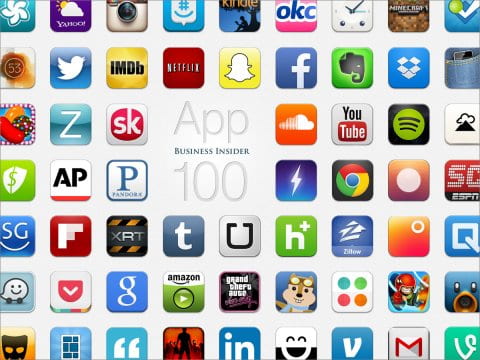By Adebayo Lawrence Thomas

https://media.gannett-cdn.com/29906170001/29906170001_5730362321001_5730363877001.mp4
Contemporary society always has a bit of an addiction to technology. Nevertheless, no single device has affected the world like a smartphone and other digital devices. “Target advertising” and “silent data gathering” through digital signatures of Application Programming Interfaces (APIs)- an enormously powerful framework for data exposure (Schäfer, M. T. and Van Es, K. 2016), installed on smartphones and other digital devices (Snowden, E. 2019) have become a concern for many data justice advocate groups and the public.

The USA today in its reports on Tech Products and tracking: What to do to prevent your device from monitoring every move, exchanging data, and sending advertisements, published in 2019echoed the importance of Data literacy in a near-global Datafied society. Elinor Carmi also shared this line of thought in her lecture: “Data Literacy in COVID-19 “ delivered at one of the MAMC Masterclass speakers’ series.
Both Iquani and USA TODAY cautioned about big technology, firms ready to fill your personal Computer with advertisements, primarily focused on individual daily behavioural patterns and quietly documented and monitored by the Applications in the smartphone/ digital device: Facebook, Apple, Microsoft, Amazon, and Google alike. This is corroborated by Carmi, (2020), on her “Me and My Big Data” project. It is not only the unwanted advertisements but also the secret data gatherings that have turned the world into a Datafied society,” noted Iquani.
https://media.gannett-cdn.com/29906170001/29906170001_5730362321001_5730363877001.mp4
What is the way out?
“Truly the world needs data education literacy,” said Iquani, because unknown to user’s, data fumes generates a great deal of monitored information by policymakers and governments worldwide (Thatcher, 2014)
Besides, the Covid-19 pandemic has necessitated increased use of data in public administration and in managing social care and welfare; an additional role of networks and data infrastructures across critical areas of public and social life prevalent in most western economies (Dencik, L. et al. 2019).
The famous value is the datafication of welfare systems: there is the biometric identification scheme or ‘Aadhaar’ projects, in India, secures and process the digital signature of people to enable public services such as welfare benefits. Another model is the Chinese Social Credit Scheme: integrating citizens’ financial records, internet banking and shopping data, social media habits and the history of work, this method will produce unique metrics for each person (Arora, P., 2016).
What kind of data literacies is required today?
Carmi advocates a concept of Data Citizenship which promotes proactive citizens in Data doing, Data thinking, and Data participating. Data Citizenship adds necessary layers of skills, critical thinking, and aggressive collective practices paramount in today’s data-driven society.
Experts like Carmi, Snowden, and the media like USA TODAY, advocates data literacy. The first step is the need for consumers’ digital rights (Snowden, E. JRE interview 2019). Secondly, users can reduce the amount of data put online using more privacy-friendly browsers and search engines. Organizations like Data Justice Lab, a research unit at Cardiff University’s School of Journalism, Media, and Culture (JOMEC), have consistently called for data justice: and critical responses to potential data harm misuses.
References
Couldry, N. and Mejias, U. 2018. Data Colonialism: Rethinking Big Data’s Relation to the Contemporary Subject. Television and New Media, 20(4): 338
Data Justice Lab: Cardiff University’s School of Journalism, Media, and Culture, (JOMEC) [online] accessed 06/01/21 https://datajusticelab.org/about/
Hintz, A., Dencik, L. and Wahl-Jorgensen, K. 2019. Digital Citizenship in a Datafied Society. [online] Taylor Francis Online: Polity Press.
Kang, J., 2020. “The Media Spectacle of a Techno-City: COVID-19 and the South Korean Experience of the State of Emergency,” The Journal of Asian Studies. Cambridge University Press, 79(3), pp. 589–598.
Schäfer, M. T., and Van Es, K. 2016. The Datafied Society. Studying Culture through Data. [online] Amsterdam University Press: https://www.aup.nl/ pp.147-153
Snowden, E., 2019. “How Your Cell Phone Spies on You” Taken from Joe Rogan Experience Clips [online] JRE #1368 w/Edward Snowden: https://youtu.be/efs3QRr8LWw
Yan, P., 2020. ‘Payal Arora, The Next Billion Users: Digital Life Beyond the West’, International Sociology, [online] 35(2), pp. 231–234.
